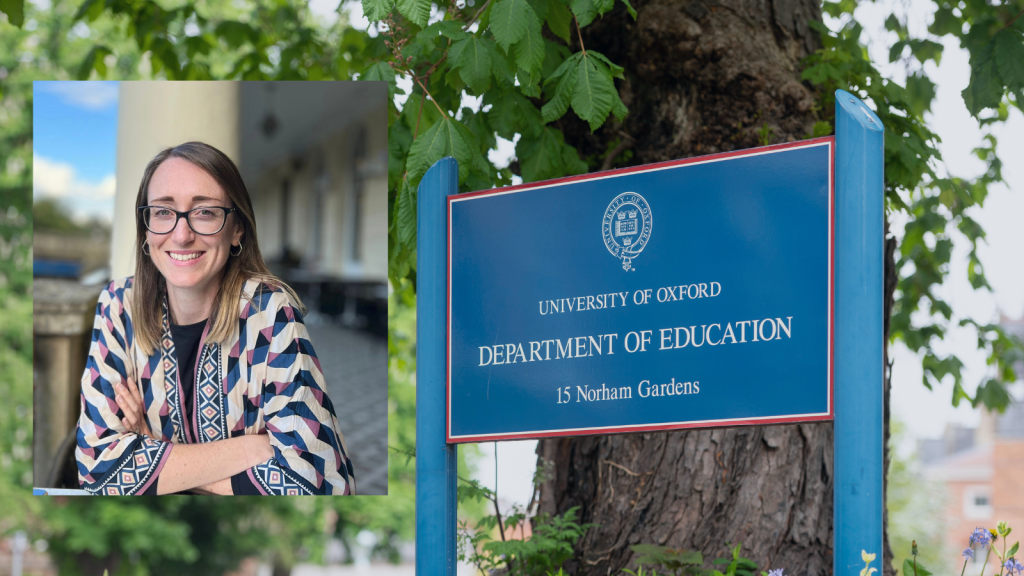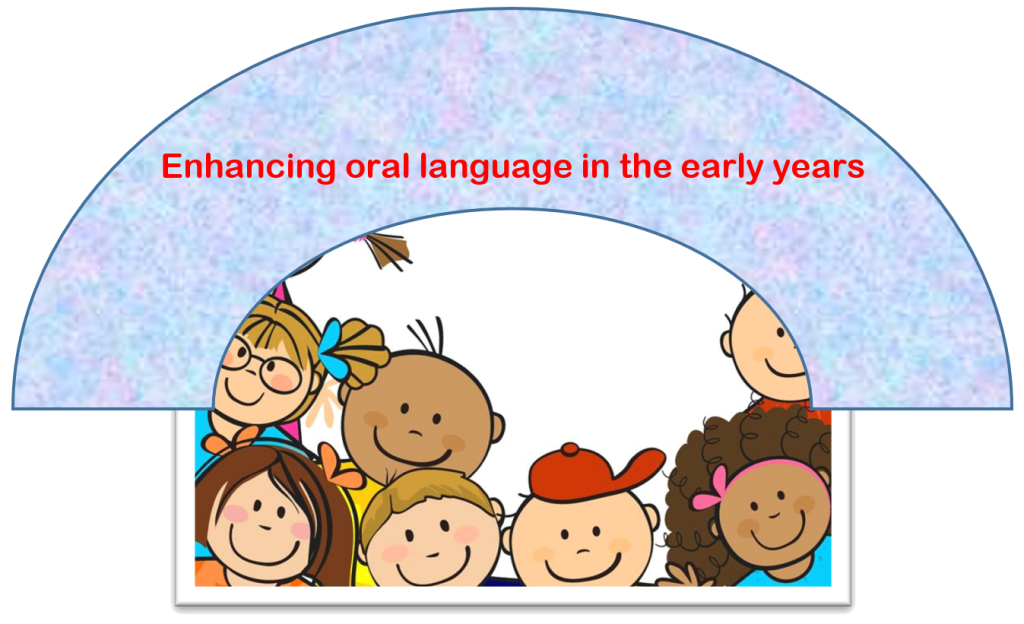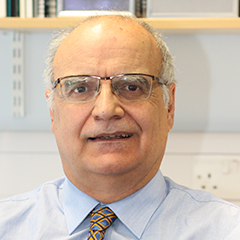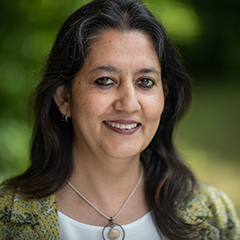Feasibility trial of an adapted anti-bullying programme for children in special schools
The Project
This project will work with eight special schools to conduct a feasibility randomised controlled trial of anti-bullying programme KiVa-SEND.
Bullying is a public health risk with rates amongst pupils with special educational needs and disabilities estimated to be up to 69%. Bullying involvement can have detrimental effects on health, educational and social outcomes with some negative outcomes lasting into adulthood. Yet to date, there are no evidence-based anti-bullying programmes specifically designed for use in special schools.
We aim to 1) examine whether an adapted anti-bullying KiVa programme can be delivered successfully by teachers to children in special schools, and 2) whether it would be feasible to later conduct a definitive randomised controlled trial of the effectiveness of the adapted programme (with a focus on: recruitment and retention, implementation and adherence, engagement, acceptability, and outcome measure suitability).
The research team will recruit eight special schools and work with a selection of classes with pupils aged 9-13. Baseline bullying and mental health data will be collected in spring/summer 2025. Half of the schools will be randomly assigned to implement KiVa-SEND for a year. Follow-up data from all schools will be collected in spring/summer 2026. Process evaluation interviews will be conducted with a selection of pupils and teachers.
Research Team
External Team
More Projects
-
ProjectPupil interactions and networks in special schoolsDiscover MoreStart date: September 2024End date: August 2025
-
ProjectEffects of Education Endowment Foundation interventions on protection from COVID-19 learning lossDiscover MoreStart date: October 2024End date: March 2025
-
ProjectLangQuest-EY: A self-report educator questionnaire to assess confidence in language supporting practices in early years settingsDiscover MoreStart date: July 2023End date: March 2024
-
ProjectEffectiveness Trial for the Evaluation of the Mathematical Reasoning Programme for Year 2 Pupils Using an Online Professional Development Training ModelDiscover MoreStart date: February 2024End date: March 2026
-
ProjectOnline Professional Development for Delivering the Mathematical Reasoning Programme in Year 2Discover MoreStart date: November 2022End date: October 2023
-
ProjectPromising Practices: Curiosity and CreativityDiscover MoreStart date: December 2020End date: December 2021
More News
-
 NewsNew definition for bullying released to better support pupils and schoolsMay 8, 2025
NewsNew definition for bullying released to better support pupils and schoolsMay 8, 2025 -
 NewsNew trial will evaluate Talking Time programme for Early Years practitionersJanuary 25, 2024
NewsNew trial will evaluate Talking Time programme for Early Years practitionersJanuary 25, 2024 -
 NewsReport published today provides evidence on what influences EAL learners to mitigate language learning lossMarch 17, 2021
NewsReport published today provides evidence on what influences EAL learners to mitigate language learning lossMarch 17, 2021 -
 MediaProfessor Edward Melhuish in a TRT World Roundtable discussion on the return to schoolAugust 31, 2020
MediaProfessor Edward Melhuish in a TRT World Roundtable discussion on the return to schoolAugust 31, 2020 -
 NewsPutting children first: sharing research evidence to inform Indian education policy and practiceAugust 11, 2020
NewsPutting children first: sharing research evidence to inform Indian education policy and practiceAugust 11, 2020
Project Details
Research Team
External Team
More Projects
-
ProjectPupil interactions and networks in special schoolsDiscover MoreStart date: September 2024End date: August 2025
-
ProjectEffects of Education Endowment Foundation interventions on protection from COVID-19 learning lossDiscover MoreStart date: October 2024End date: March 2025
-
ProjectLangQuest-EY: A self-report educator questionnaire to assess confidence in language supporting practices in early years settingsDiscover MoreStart date: July 2023End date: March 2024
-
ProjectEffectiveness Trial for the Evaluation of the Mathematical Reasoning Programme for Year 2 Pupils Using an Online Professional Development Training ModelDiscover MoreStart date: February 2024End date: March 2026
-
ProjectOnline Professional Development for Delivering the Mathematical Reasoning Programme in Year 2Discover MoreStart date: November 2022End date: October 2023
-
ProjectPromising Practices: Curiosity and CreativityDiscover MoreStart date: December 2020End date: December 2021
More News
-
 NewsNew definition for bullying released to better support pupils and schoolsMay 8, 2025
NewsNew definition for bullying released to better support pupils and schoolsMay 8, 2025 -
 NewsNew trial will evaluate Talking Time programme for Early Years practitionersJanuary 25, 2024
NewsNew trial will evaluate Talking Time programme for Early Years practitionersJanuary 25, 2024 -
 NewsReport published today provides evidence on what influences EAL learners to mitigate language learning lossMarch 17, 2021
NewsReport published today provides evidence on what influences EAL learners to mitigate language learning lossMarch 17, 2021 -
 MediaProfessor Edward Melhuish in a TRT World Roundtable discussion on the return to schoolAugust 31, 2020
MediaProfessor Edward Melhuish in a TRT World Roundtable discussion on the return to schoolAugust 31, 2020 -
 NewsPutting children first: sharing research evidence to inform Indian education policy and practiceAugust 11, 2020
NewsPutting children first: sharing research evidence to inform Indian education policy and practiceAugust 11, 2020









